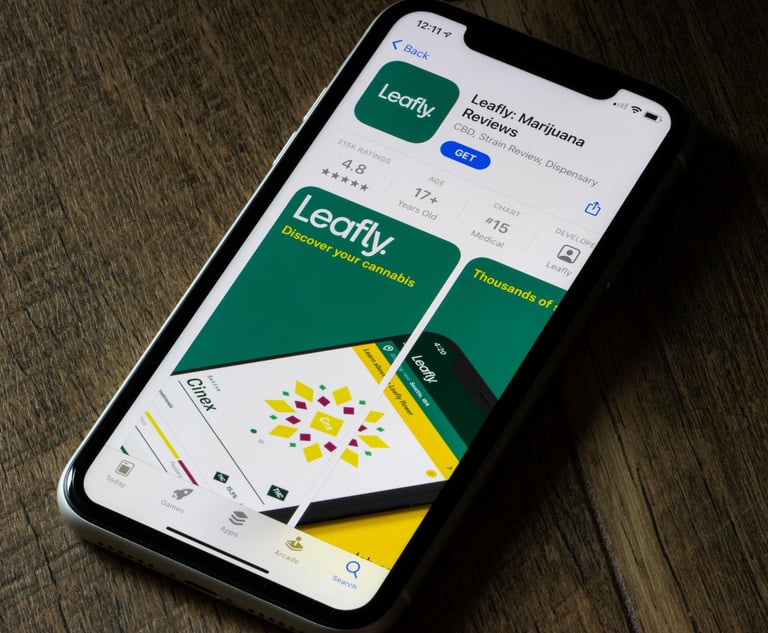A proposal to drop the requirement that law schools use the LSAT in admissions is heading to the American Bar Association’s House of Delegates in August for final approval.
The ABA’s Council of the Section of Legal Education and Admissions to the Bar on May 11 narrowly voted to push the controversial proposal forward, and a day later decided to fast track its implementation by placing it on the House of Delegates agenda during the association’s annual meeting in Chicago later this summer.









